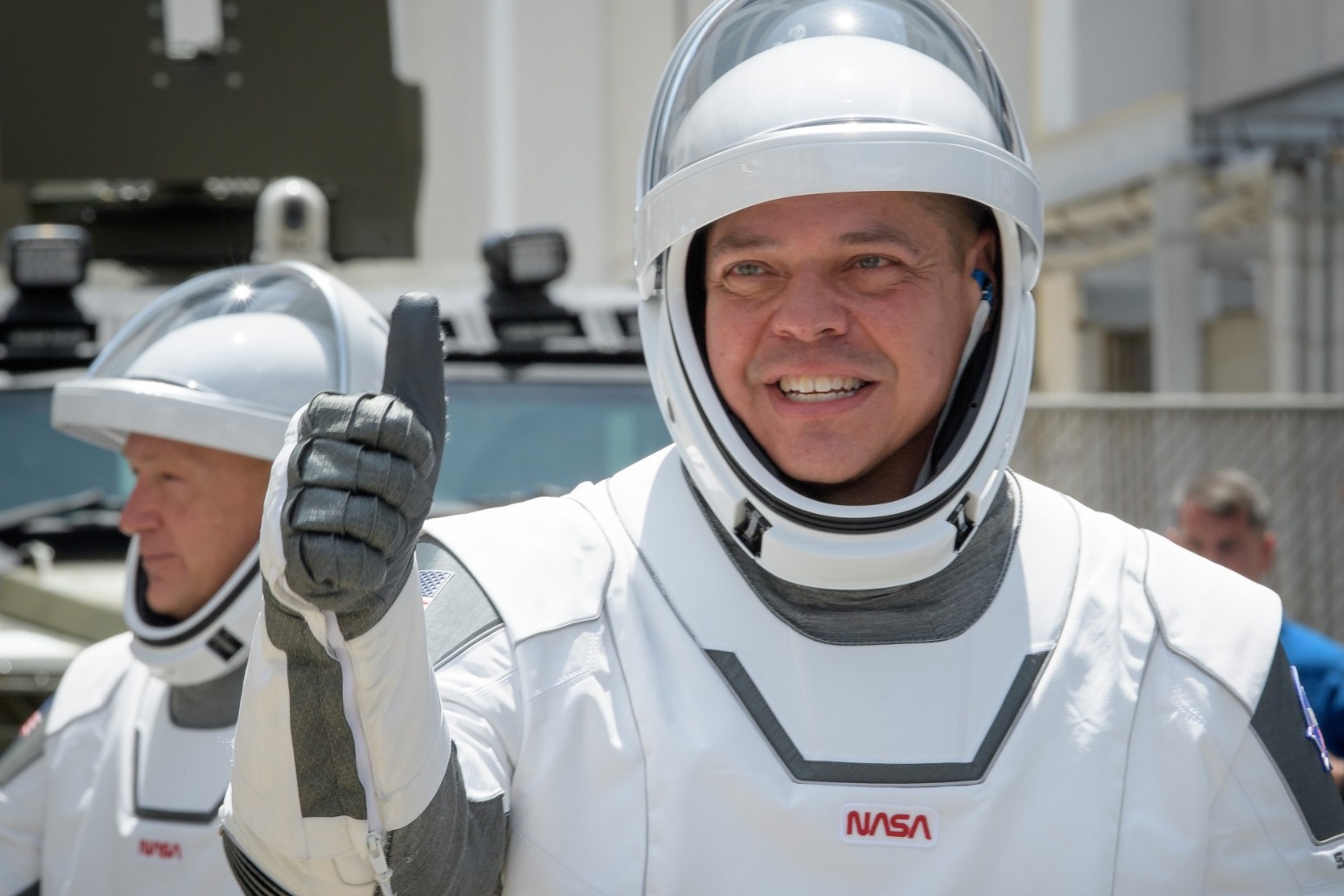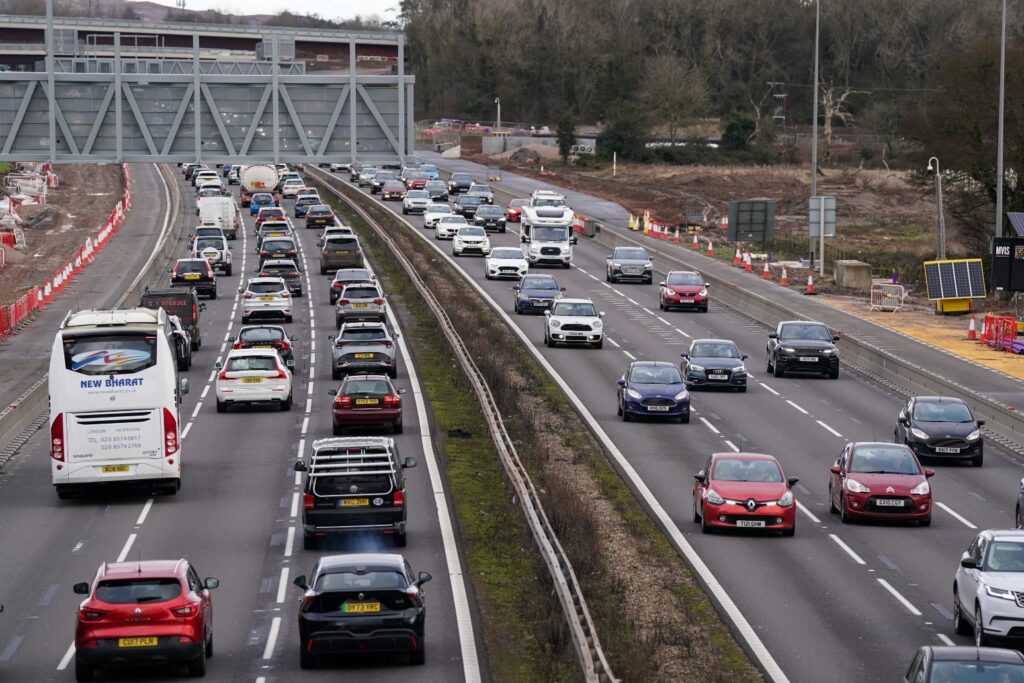This website uses cookies so that we can provide you with the best user experience possible. Cookie information is stored in your browser and performs functions such as recognising you when you return to our website and helping our team to understand which sections of the website you find most interesting and useful.
Nasa astronauts are back on Earth after first splashdown return in 45 years
03/08/2020

Nasa astronauts Robert Behnken and Douglas Hurley are back on Earth after the first splashdown return in 45 years.
The pair landed in the ocean, off the coast of Florida, at around 7.48pm UK time on Sunday, after a 19-hour journey from the International Space Station.
The mission control said just after splashdown: “On behalf of the SpaceX and Nasa teams, welcome back to Planet Earth. Thanks for flying SpaceX.”
Mr Behnken and Mr Hurley made history on May 30 when they became the first people to launch into low-Earth orbit on a commercial spacecraft, built by SpaceX.
Their mission, named Demo-2, also marked the first time Nasa had launched astronauts from US soil in nine years.
SpaceX’s astronaut carrier, the Crew Dragon, landed in the water off Pensacola, western Florida.
The last time astronauts made an ocean landing was on July 1975 during an Apollo mission.
Since then, they have always landed on terra firma.
Nasa’s Space Shuttle, which was retired in 2011, landed on runways, like a commercial aeroplane.
The other modern crewed vehicles, including Russia’s Soyuz and China’s Shenzhou, are designed to land on the ground.
The splashdown has ushered in a new era for Nasa, which now has at least one commercial spacecraft ready to launch astronauts into space from US soil.
It was the final step in the mission designed to test SpaceX’s human spaceflight system – including launch, docking, splashdown and recovery operations.
The Crew Dragon faced scorching temperatures of around 1,900C as it entered the Earth’s atmosphere.
Although the space station orbits at around 260 miles above Earth, it took almost a day for the capsule to splash down.
The Crew Dragon performed a series of manoeuvres to lower its orbit and get closer to the splashdown site.
It then deployed parachutes to slow its speed from 17,500mph to around 15mph before splashing down.
The re-entry caused a temporary communications blackout, which was brought on by an envelope of hot air surrounding the capsule.
Spacecraft engineers, recovery experts and medical professionals on the SpaceX recovery ship, called Go Navigator, are helping the astronauts get out of the capsule as they begin readjusting to gravity.
The re-entry marks the end of SpaceX’s human spaceflight demonstration mission.
The aerospace company’s first operational flight is expected to take place in September, where a second Crew Dragon spacecraft will carry four astronauts to the space station.
The capsule that carried Mr Hurley and Mr Behnken into space will be refurbished and launched on SpaceX’s second operational crewed mission, Crew 2, due to take place early next year.
Another aerospace company Boeing is also developing spacecraft to ferry astronauts to the space station, as part of Nasa’s Commercial Crew Program.
Published: by Radio NewsHub



